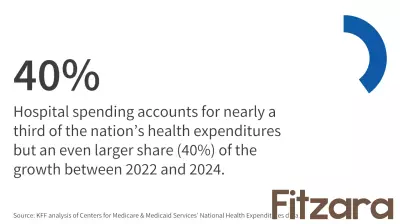Alarming Statistics Reveal Low Access to Effective Treatment for Mental Health Disorders
February 6, 2025 - 16:54

Recent research highlights a concerning trend in global mental health care, revealing that merely 6.9 percent of individuals suffering from mental health or substance-use disorders receive effective treatment. This statistic underscores a significant gap in the accessibility and quality of care available to those in need.
The findings suggest that a vast majority of individuals grappling with these disorders remain untreated, leading to severe consequences not only for their well-being but also for society at large. Factors contributing to this crisis include stigma, lack of resources, and insufficient mental health infrastructure in many regions.
Experts emphasize the urgent need for improved mental health services and increased investment in treatment options. By addressing these barriers, it is possible to enhance the quality of life for millions and reduce the overall burden of mental health disorders on healthcare systems. The call for action is clear: more must be done to ensure that effective care reaches those who desperately need it.
MORE NEWS

February 12, 2026 - 05:49
Hospital Spending Accounted for 40% of the Growth in National Health Spending Between 2022 and 2024New data reveals that hospital expenditures were the primary engine behind the growth in U.S. healthcare spending in recent years. Between 2022 and 2024, spending on hospital care accounted for a...

February 11, 2026 - 15:59
Mental health petition denied in San Jose daycare drowning case as trial approachesA Santa Clara County judge has denied a petition for mental health diversion, clearing the way for a jury trial to begin next week in the high-profile case stemming from the drowning deaths of two...

February 10, 2026 - 20:41
Video San Francisco schools close as teachers strike over pay and health careA citywide teacher strike has shuttered all schools within the San Francisco Unified School District (SFUSD) this Tuesday. The unexpected closures impact thousands of families as educators take to...

February 10, 2026 - 04:47
Essentia Health, Southern Valley Fire and Rescue celebrate partnership to improve advanced emergency medical careA new collaboration between Essentia Health and Southern Valley Fire and Rescue is set to significantly improve emergency medical services for local residents. The partnership, celebrated today,...